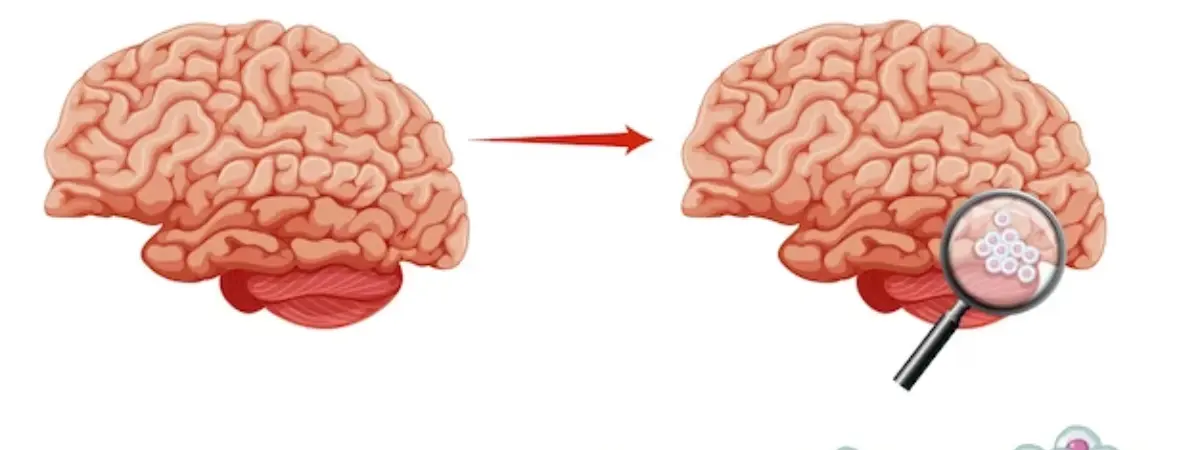
Navigating the journey from brain tumor treatment to recovery is a challenging process, but it can be transformed into a triumph with resilience and determination. If you are facing a brain tumor diagnosis, seeking guidance from a top neuro specialist like Dr. Vamshi Krishna in Nampally, Hyderabad, can make a significant difference. Explore the blog below to understand the physical toll of brain tumor treatment and gain insights into managing cognitive changes, finding support, and celebrating small victories on the road to recovery.
From Treatment to Triumph: Physical Recovery after Brain Tumor
Whether dealing with benign tumors like meningiomas or malignant tumors like glioblastomas, a brain tumor diagnosis is a daunting experience. This blog post aims to guide individuals through the recovery phases after brain tumor therapy, offering strategies for maintaining strength, increasing energy levels, and motivating oneself. The focus is on transitioning from treatment to a triumphant life.
Understanding the Physical Toll of Brain Tumor Treatment:
Brain tumors can lead to physical disabilities, impacting motor functions and causing issues like headaches, balance problems, muscle weakness, and fatigue. Managing these difficulties during the recovery period is crucial, and awareness allows individuals to prepare and find effective strategies.
The Importance of Rest and Self-Care:
Rest and self-care become paramount after a brain tumor diagnosis. Discussions with a neurosurgeon are essential to understand potential side effects and necessary precautions. Prioritizing rest and engaging in self-care activities contribute to emotional well-being and aid the recovery process.
Strengthening with Physical Therapy and Exercise:
Physical therapy and exercise play a significant role in the healing process. Tailored sessions address obstacles such as balance problems or muscle weakness. Combining exercise and physical therapy helps regain strength and boosts confidence in the body's capabilities.
Managing Cognitive Changes and Challenges Finding Support:
Cognitive changes can occur based on the tumor's location, affecting areas like the frontal lobe. Dealing with these changes may require treatment with psychiatry and psychology counseling. Strategies for managing these cognitive challenges, including keeping a journal and utilizing memory aids, are explored.
Celebrating Small Victories on the Road to Recovery:
Acknowledging and celebrating achievements along the recovery journey is crucial. Every small victory, from completing therapy sessions to overcoming challenges, signifies progress. Recognizing these accomplishments boosts motivation, self-assurance, and overall well-being.
Conclusion:
Recovery after brain tumor therapy is undoubtedly challenging, but it can be a victorious journey. Emphasizing relaxation, self-care, exercise, and seeking support from experts like Dr. Vamshi Krishna in Nampally, Hyderabad, can empower individuals to overcome the challenges associated with brain tumor recovery. Each triumph along the way brings them closer to success.
Recent Posts
Unveiling the Impact of Brain Strokes: Understanding, Prevention, and Recovery
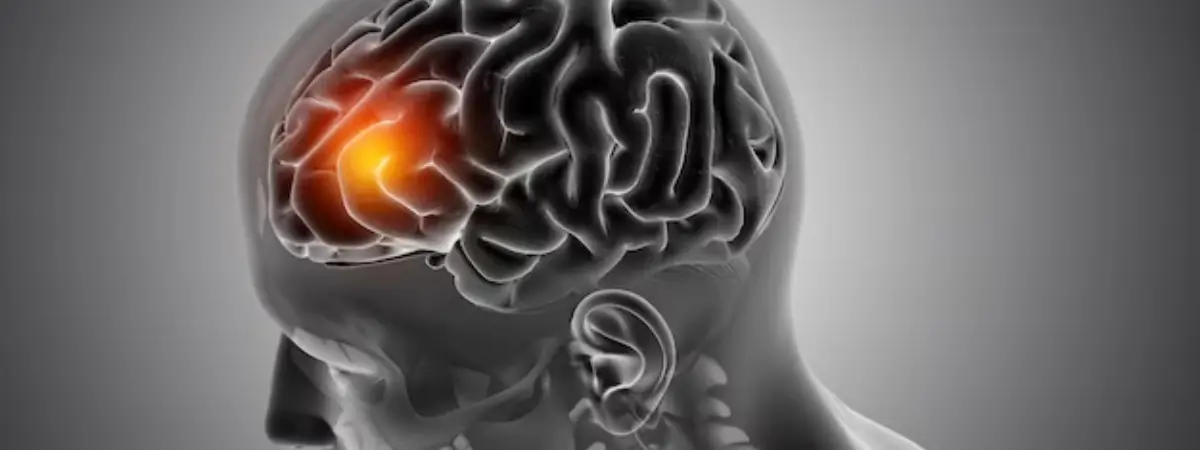
Read More
Navigating Spinal Stenosis: Understanding, Managing, and Living with the Condition

Read More
Five - Signs of Lumbar Disc Prolapse
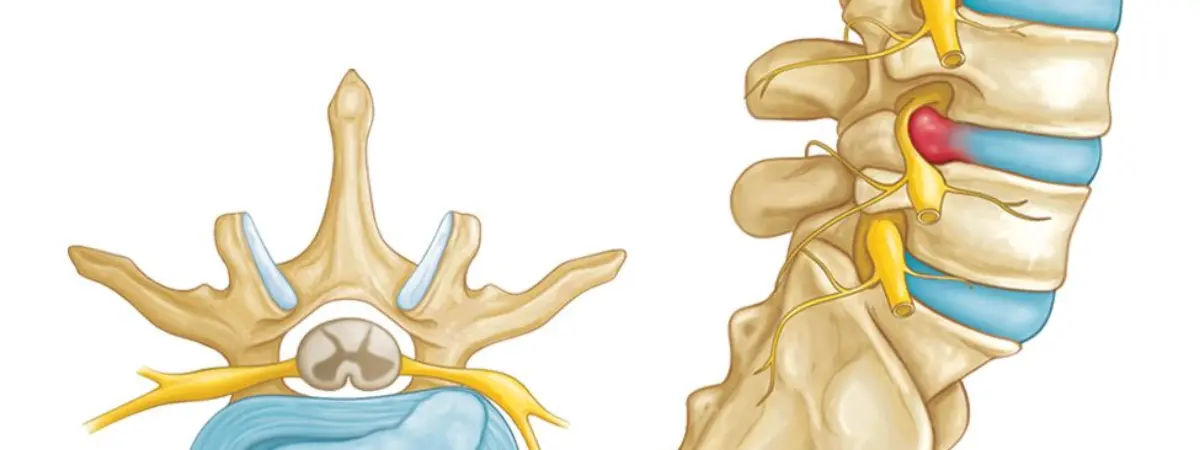
Read More
Scoliosis Screening: Knowing When and How to Check

Read More
Caring for Someone with Dementia: Effective Stress Reduction Tips
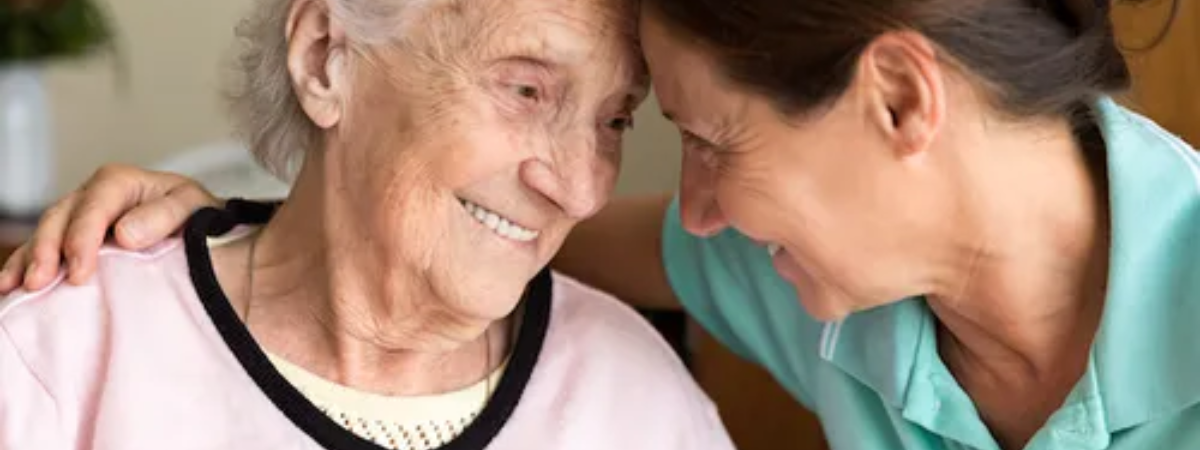
Read More
Neurological Disorders in Children: Early Detection and Intervention
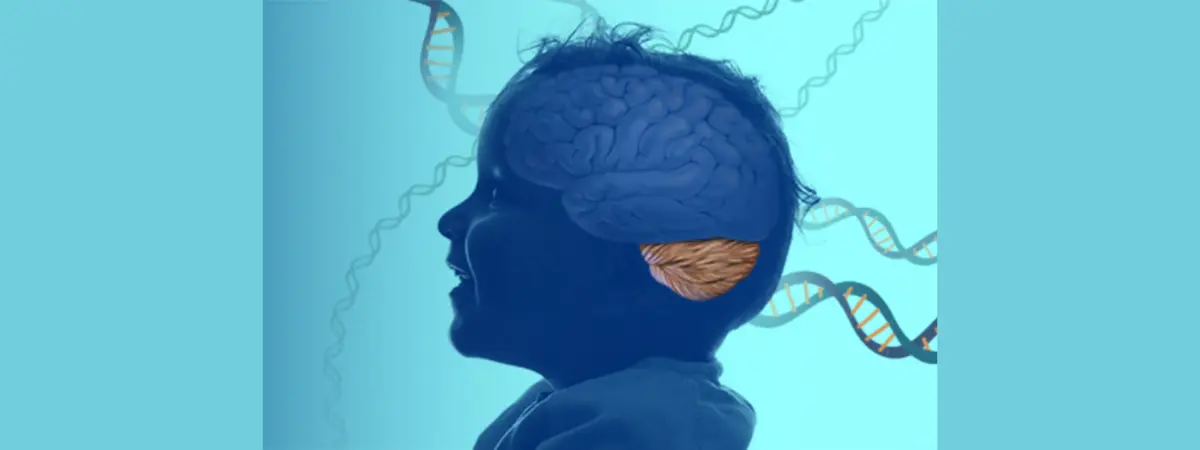
Read More
